Agriculture is considered as a backbone of economy and source of employment for India and other developing countries. It is the main source of livelihood for people around the world and hence there is a dire need for sustainable agriculture in the light of growing population and climate change. The agricultural sector must meet the needs of the present and future generations for sustainability, while ensuring profitability, environmental health, social and economic equity. Sustainable agriculture must nurture healthy ecosystems and support sustainable management of land, water and natural resources while ensuring world food security.
The current digital era through artificial intelligent systems has evolved various aspects of agriculture management for making value from the ever-increasing data originated from numerous sources. Data are playing an important role for good planning and policies for agricultural growth and development. The application of statistical principles and methods is necessary for effective practice in resolving different problems that arise in many branches of agricultural scenarios. Statistical techniques are applied for the selection of seed types, fertilizers, water usage, weather predictions and equipment reliability. Population growth and climate change are worldwide trends that are increasing the importance of using data science to transform agriculture sector. Analyzing data on crop development and farming by applying advanced statistical data analytics tools such as regression models, multivariate analysis techniques, machine learning, data mining and remote censoring will give better understanding of the crop for attaining sustainability in agriculture. Research indicates that big data analysis in agriculture has the potential to increase economic returns by enhancing farmers’ decision-making performance, increasing production and reducing input costs. Machine learning and data analytics methods are being used in agriculture for descriptive and predictive purposes to aid decision-making and sustainability efforts.
This book elucidates upon advanced statistical techniques applied to attain agricultural sustainability. It highlights the importance of addressing agricultural sustainability mentioning the quantifiable outcomes using appropriate scientific techniques. It has been planned in a way to keep researchers abreast with the emerging trends and technologies in the field of the agriculture. In this book, statistical methods are discussed with the help of real-time datasets.
It also explores new facets and robust evaluations with a special focus on comparison of statistical techniques applied to attain agricultural sustainability. Readers are given a broad exposition of the trends and current practices of basic principles on sustainable agriculture, along with a detailed understanding of the use of robust science to develop statistical models for sustainable agriculture. This book also focuses on various strategies applied pan India as a part of sustainable agriculture practices and the impact they had to address specific issues for overall development of the nation.
This book is an outcome of sincere efforts by the editors to bring together the recent pieces of research in the areas of agricultural statistics. It is a compilation of selected articles which were presented in the National Workshop-cum-Seminar on Emerging Trends in Statistics for Agricultural Sustainability (ETSAS 2022) held during October 10-11, 2022 organized by Department of Statistics, University of Lucknow sponsored by Department of Higher Education, Government of Uttar Pradesh under the scheme of Centre of Excellence. The published articles deal with current agricultural issues and propose feasible solutions.
Editors would like to avail this opportunity to express their gratitude to Prof. Alok Kumar Rai, Vice Chancellor, University of Lucknow, Lucknow for his overall inspiration and motivation to complete this work. We are also grateful to Prof. Kameshwar Nath Singh, Vice Chancellor, Central University of South Bihar, Gaya, Bihar for his support and guidance in completing this work. We offer sincere thanks to all the faculty members of Department of Statistics, University of Lucknow and Central University of South Bihar, Gaya for their support and helping attitude towards publishing this book. We are very happy to offer genuine thanks to research scholars and friends for their hard work, unending support and wishes for completing this task. We are deeply grateful to all the contributors for submitting their valuable research work to be published in the form of book. The contributors cover fundamental concepts and methodologies of experimental design and analysis, and also delve into advanced statistical tools, all explored by analyzing real agronomic data with practical and creative approaches using statistical software.
The work would not have been in the present form without the unconditional support and blessings from our family members throughout the process. They have been a source of unending inspiration in this journey.
We extend heartfelt gratitude to the Iterative International Publishers, USA and their editorial team for their prompt and systematic job in publishing this book. Last but not the least, this work would not have been possible without the blessings of Almighty God.
We hope that this book will be a valuable addition for scientists, decision-makers, researchers, farmers and others who wish to build models and solutions for attaining sustainability in agriculture for the upcoming generations. We present the book to the hands of vigilant readers. Happy reading to all!

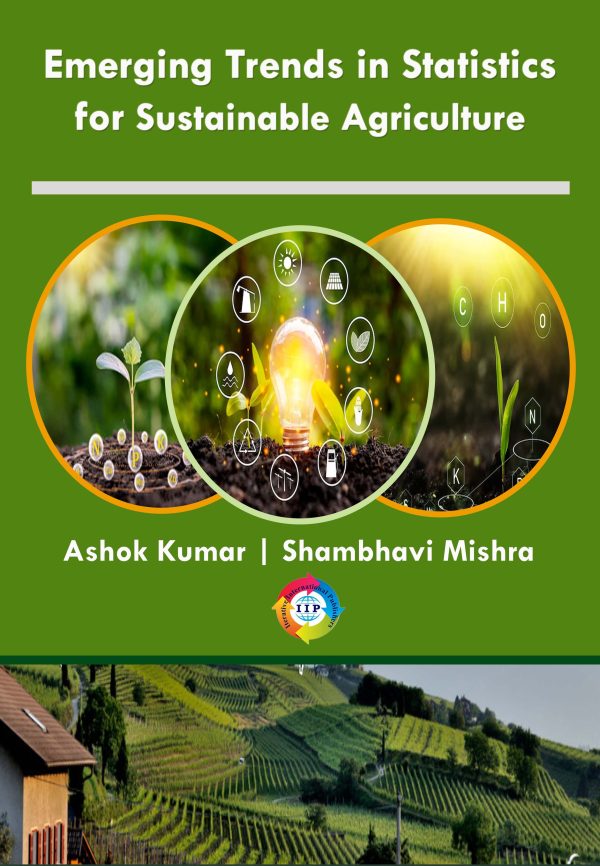
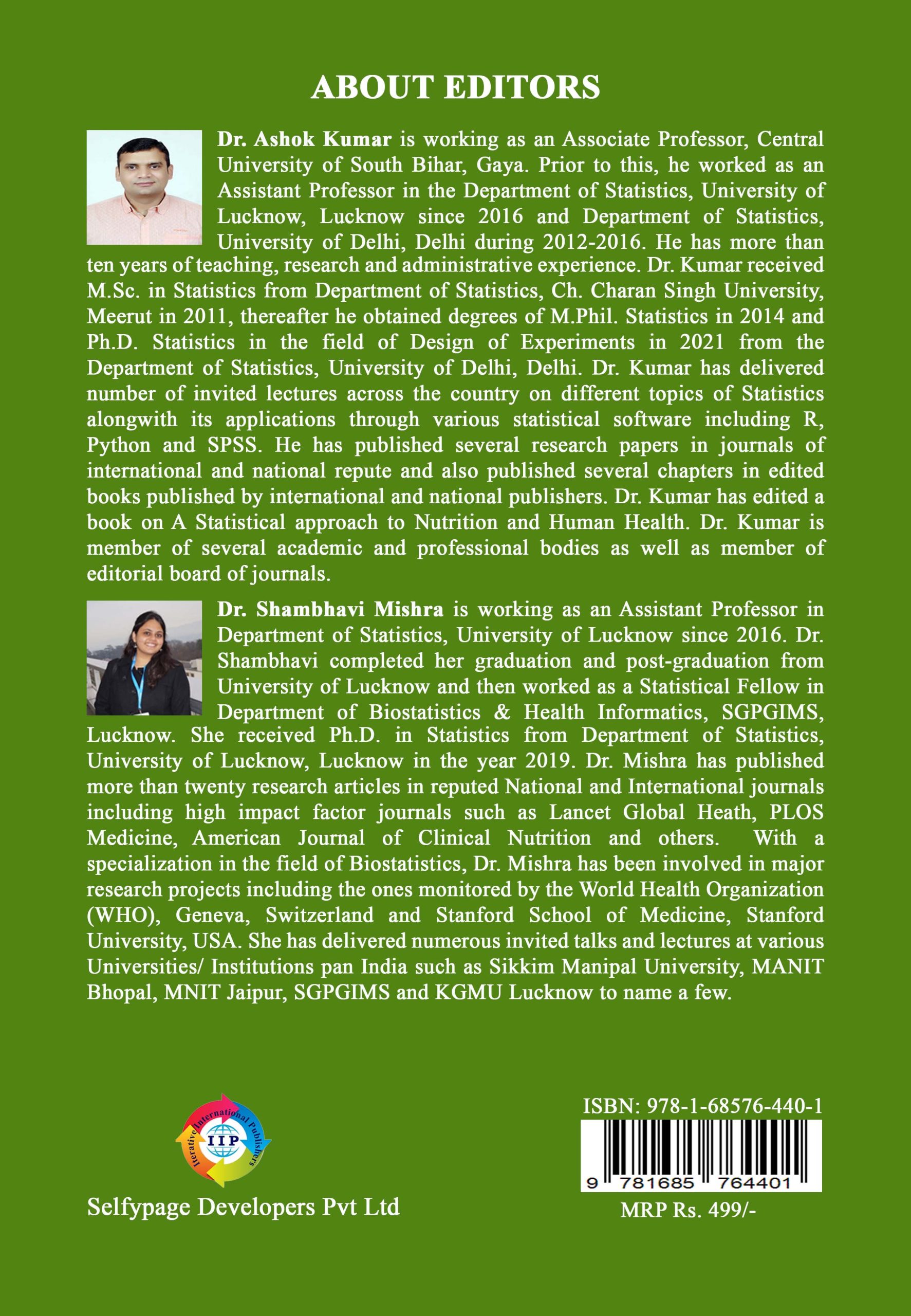
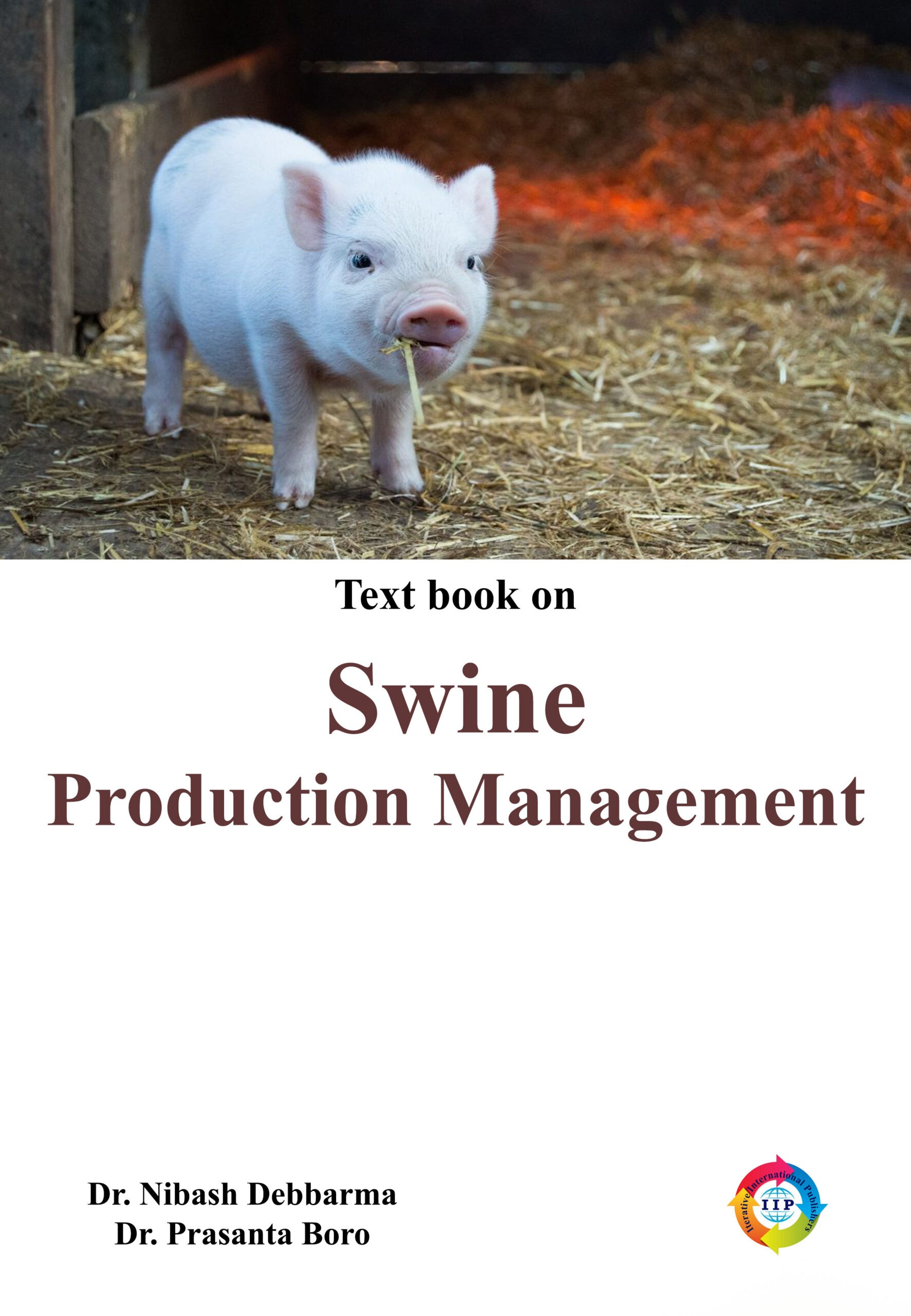

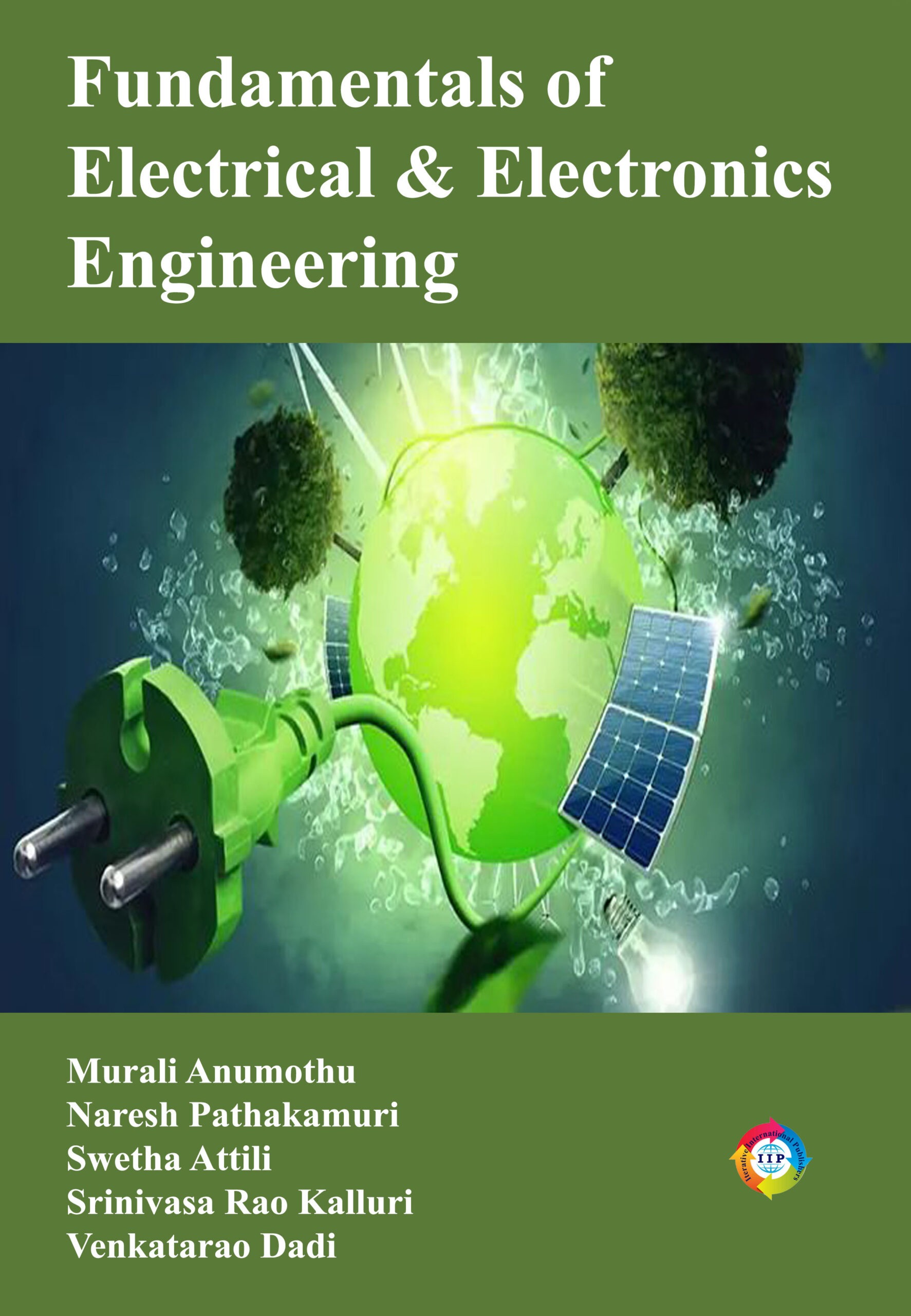
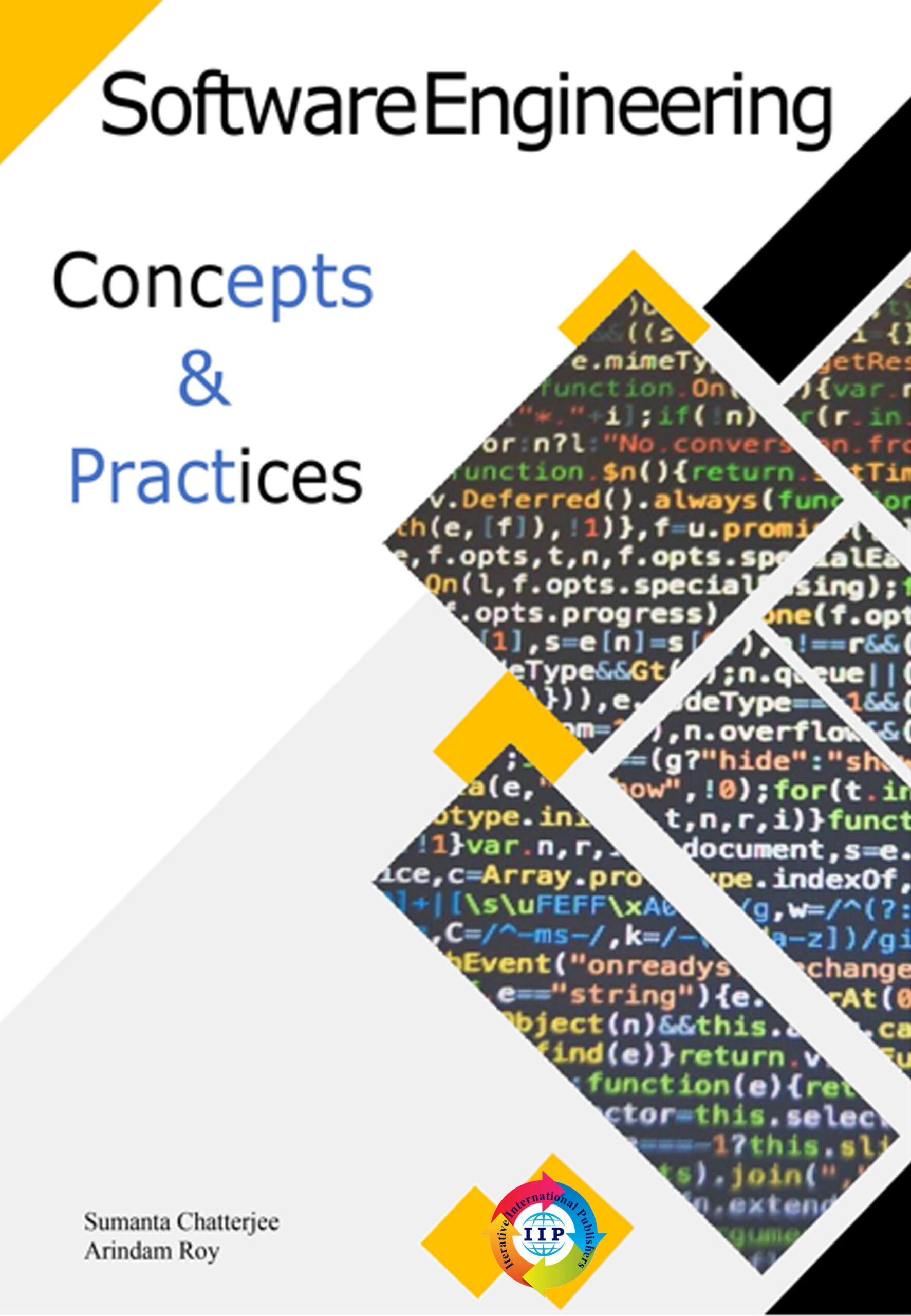
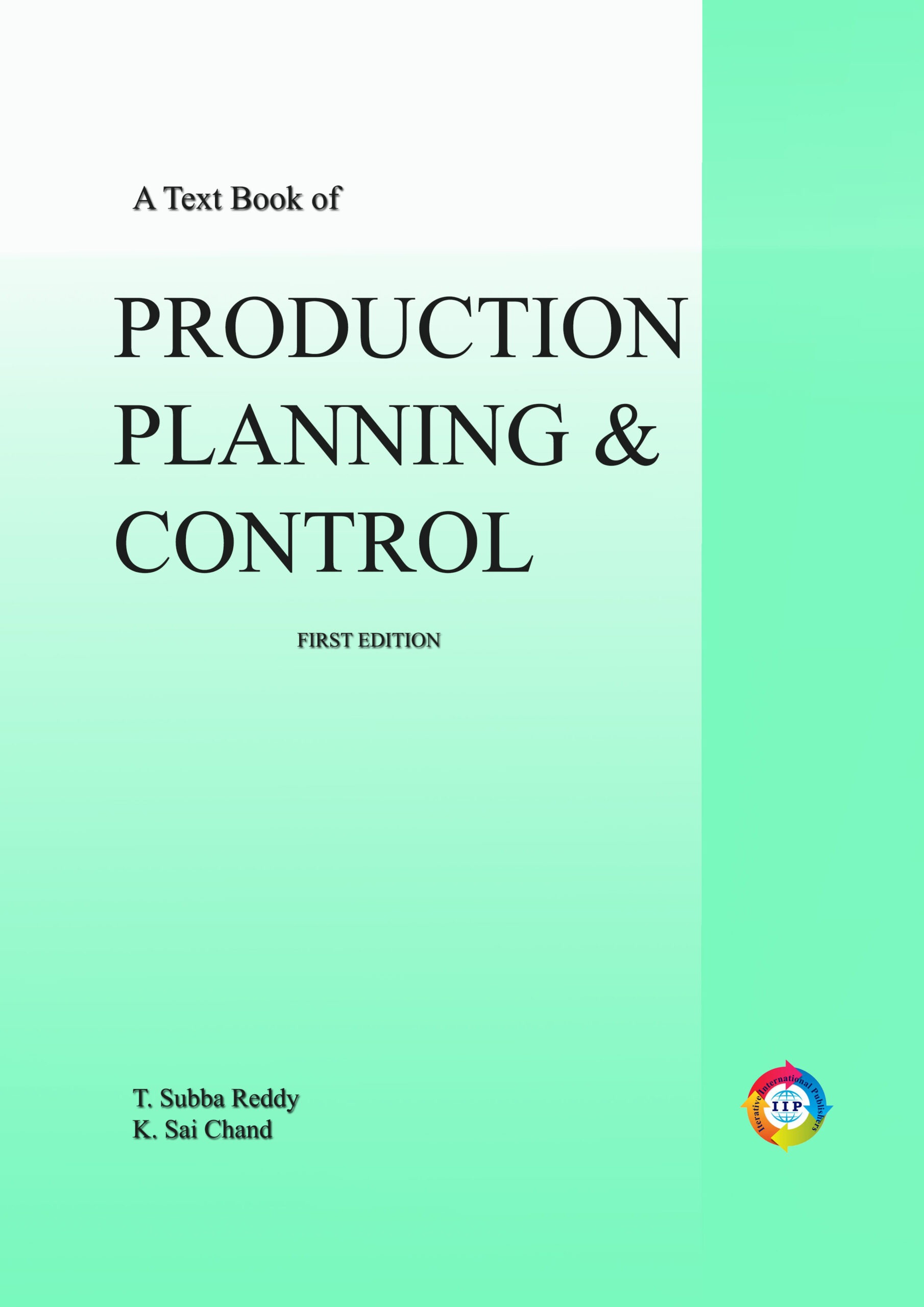
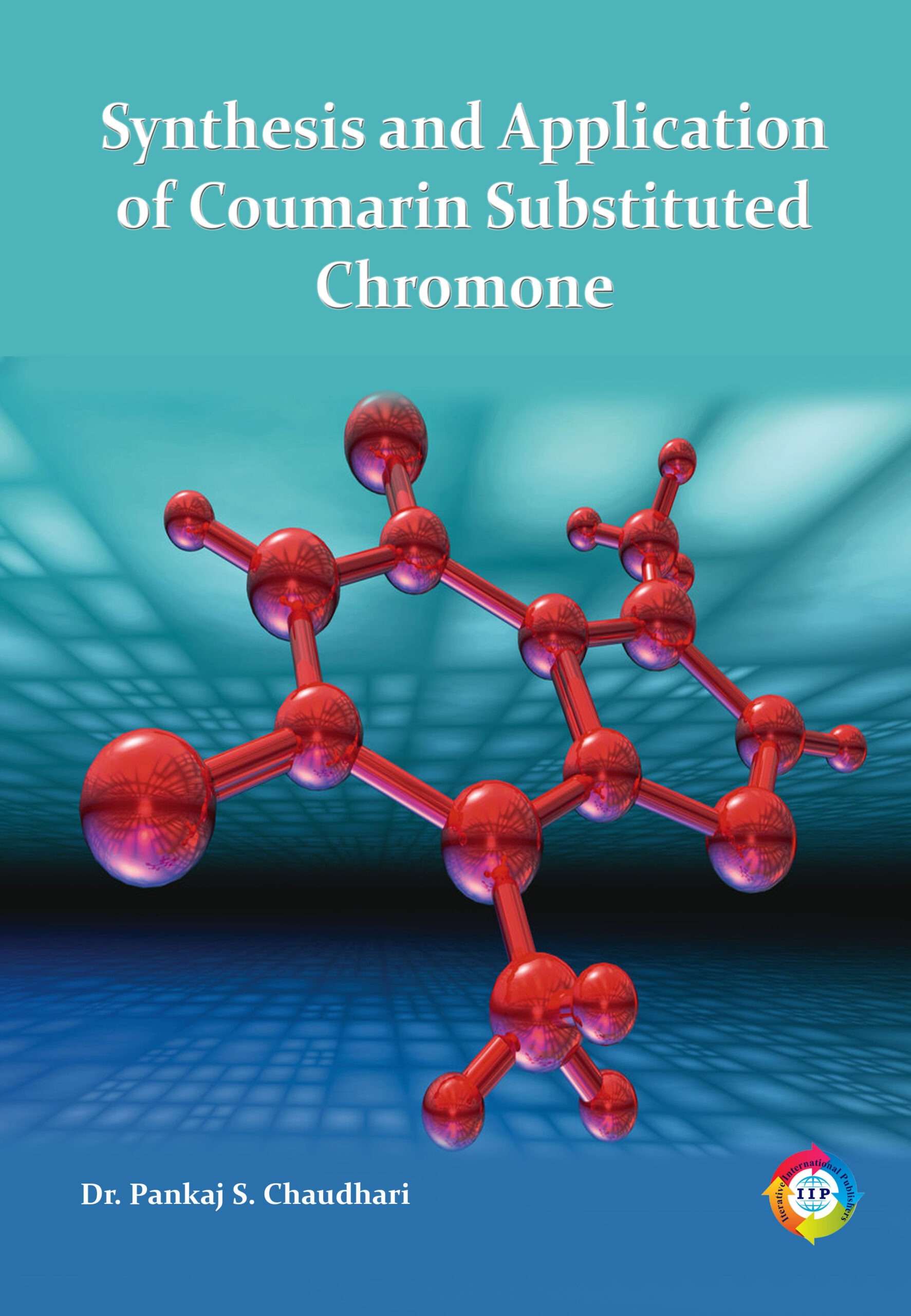
Reviews
There are no reviews yet.